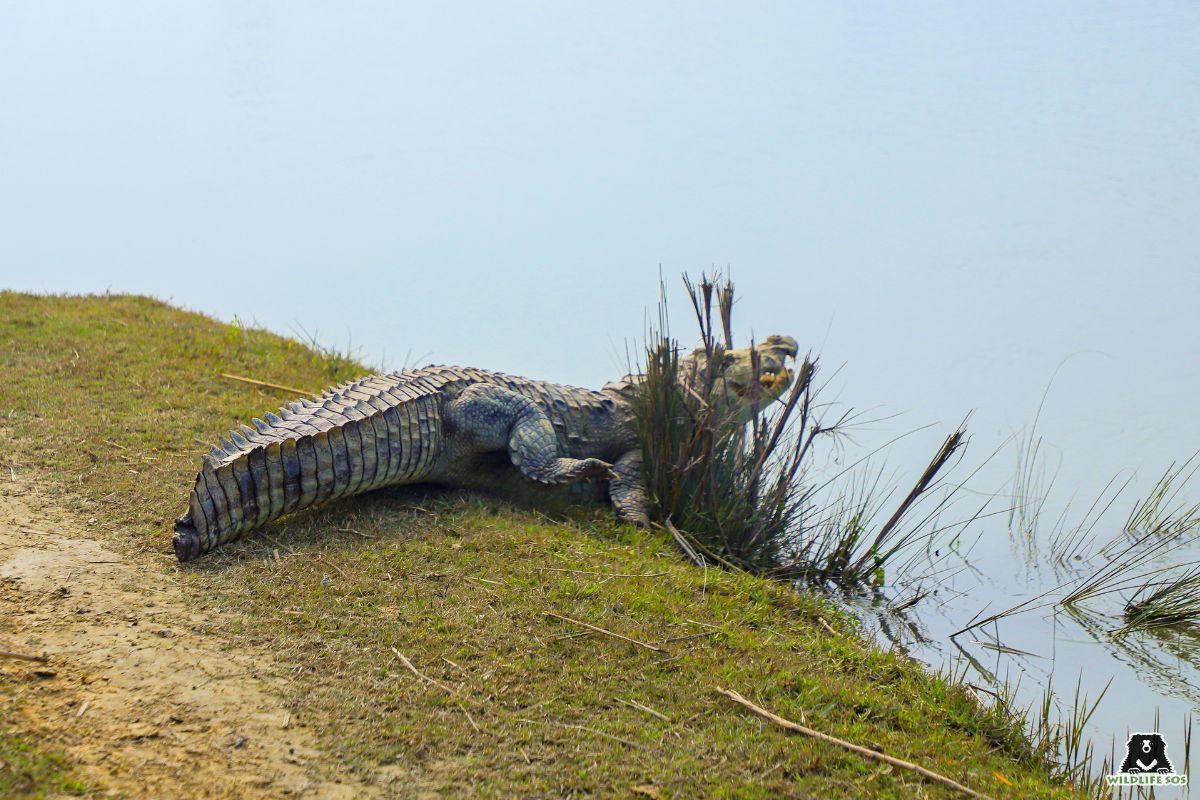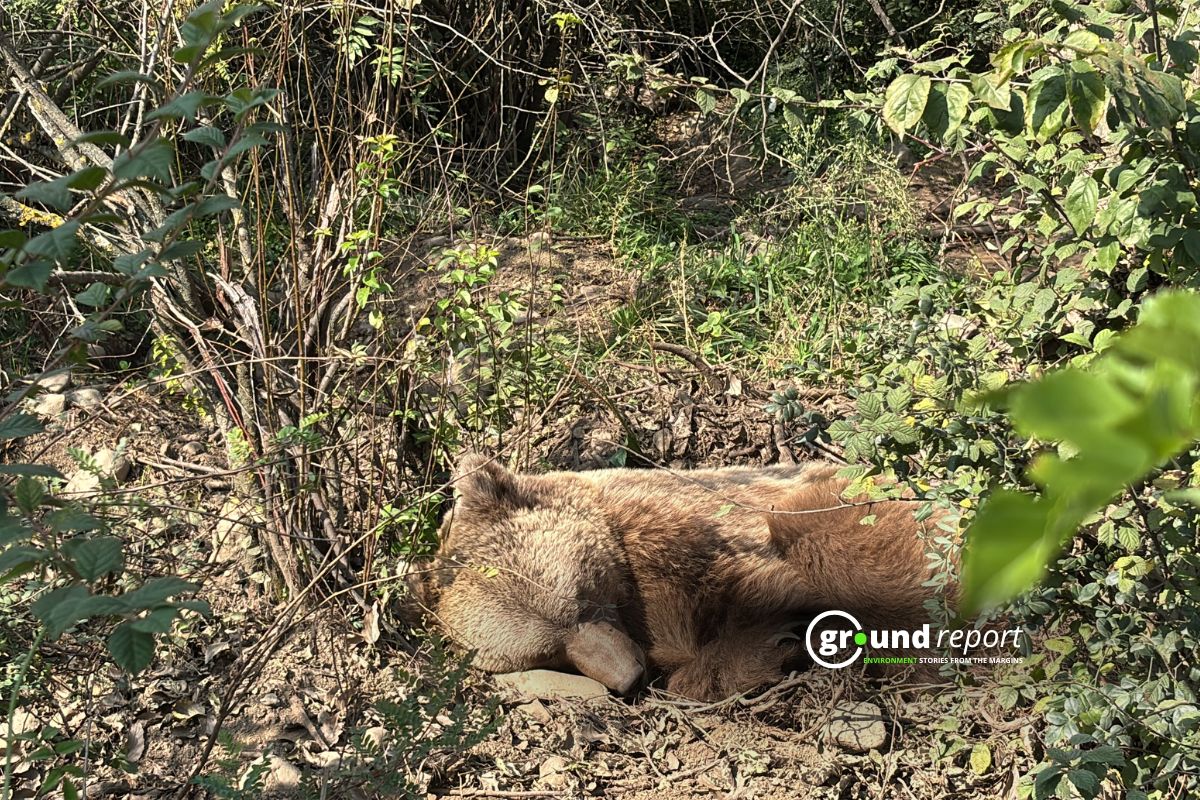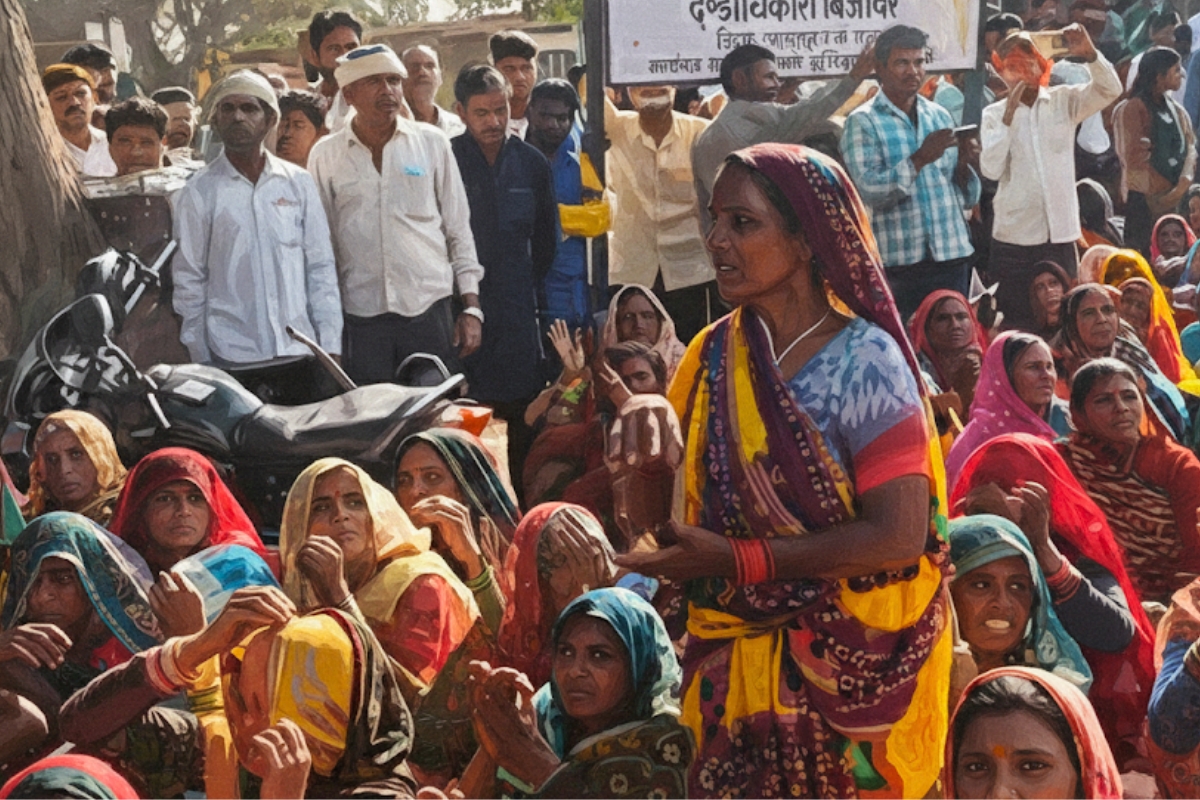As conservationists around the globe mark World Crocodile Day on June 17, Wildlife SOS has reaffirmed its dedication to protecting crocodiles, apex predators crucial for maintaining biodiversity and ecological balance. Despite their intimidating reputation, these reptiles are fundamental to the health of aquatic ecosystems.
India is home to three of the world’s 24 crocodile species: the gharial, mugger crocodile, and saltwater crocodile. These creatures, often seen sunbathing on riverbanks, face mounting threats from climate change, habitat loss, development, and poaching. Human encroachment into their habitats has also led to increased conflicts.
In response, Wildlife SOS has intensified its rescue efforts. The organization’s Rapid Response Unit, active in four states, has rescued 22 mugger crocodiles in the past year—five in Agra and 17 in Vadodara since January 2023. Each rescued crocodile undergoes medical examination and treatment before being released back into the wild.
“Our team works closely with local forest departments to rescue crocodiles and educate communities,” said Baiju Raj MV, Director of Conservation Projects at Wildlife SOS. “We’ve implemented practical measures like designating specific areas with protective steel mesh for washing clothes and tending to livestock, helping to minimize human-crocodile interactions.”
The organization also operates emergency helplines in Agra and Vadodara. “These helplines are vital for rapid response to crocodile-related incidents,” explained Geeta Seshamani, Co-founder and Secretary of Wildlife SOS. “But equally important is our ongoing work to raise awareness about coexistence. We’re striving to foster more positive relationships between humans and crocodiles.”
Kartick Satyanarayan, Co-founder and CEO of Wildlife SOS, emphasized the urgency of their mission. “Crocodiles are listed in Schedule I of the Indian Wildlife Protection Act, marking them as a threatened species,” he stated. “This World Crocodile Day, we’re calling for renewed commitment to crocodile conservation to prevent further harm to these remarkable animals.”
As human activity continues to impact natural habitats, the work of organizations like Wildlife SOS becomes increasingly critical. Their efforts not only protect individual animals but also contribute to the preservation of entire ecosystems, underscoring the interconnectedness of all species.








